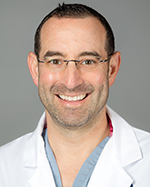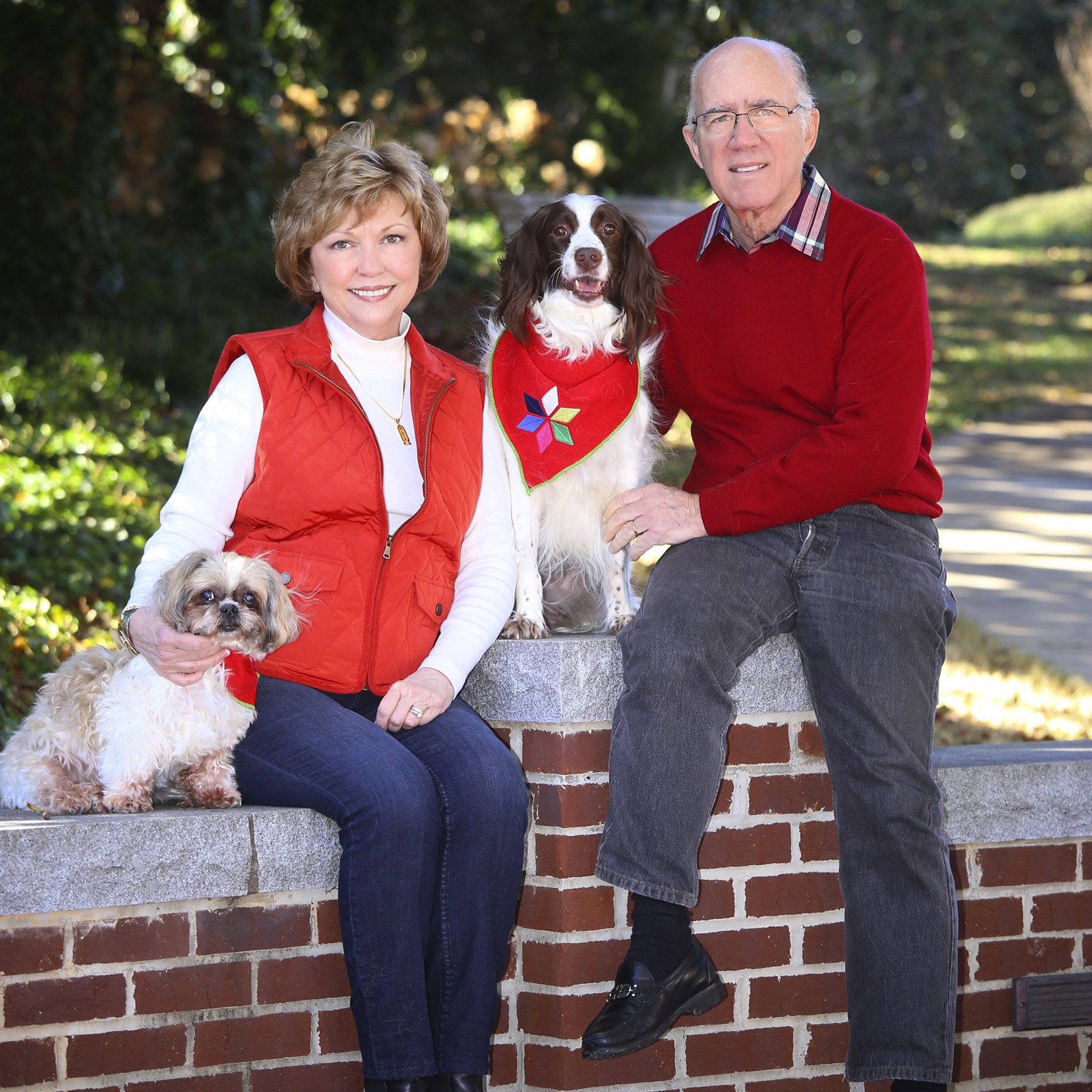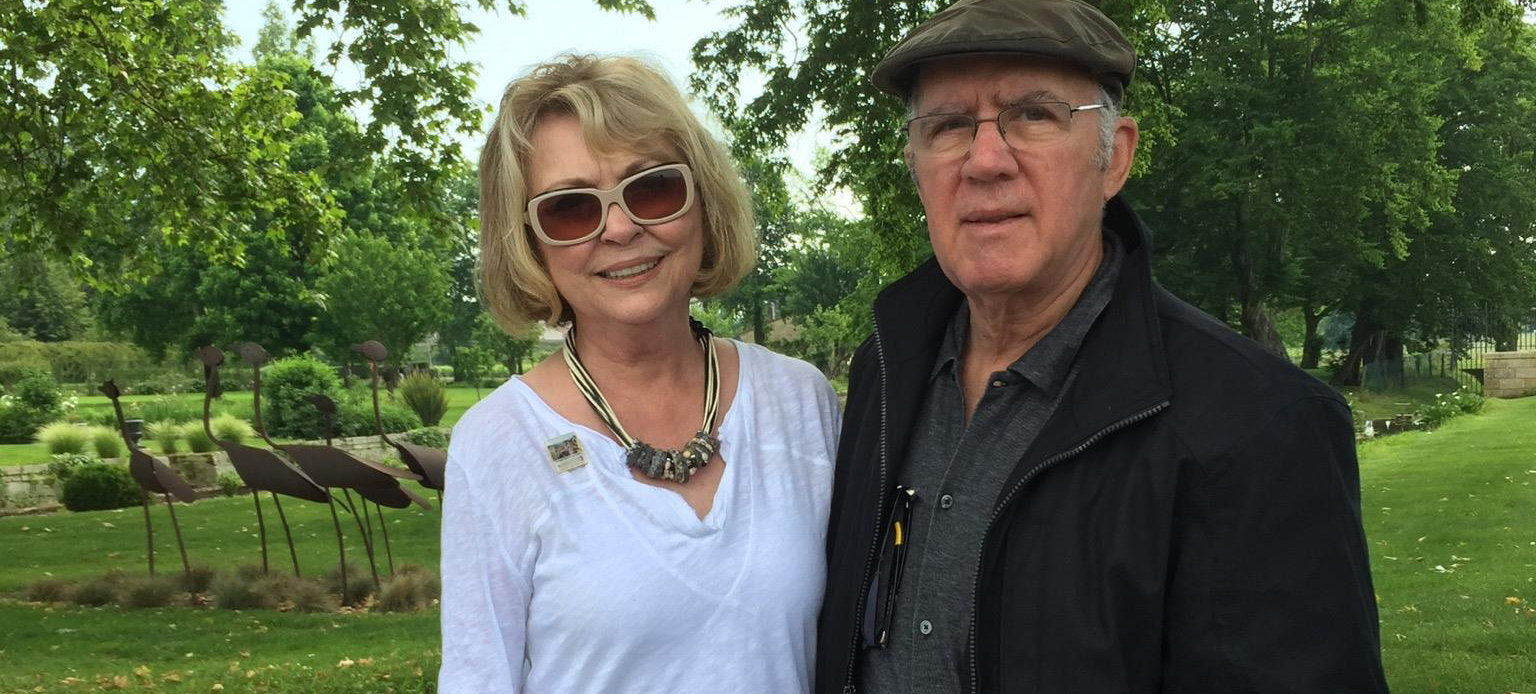Perfusion Chemotherapy Targets High Dose while Improving Quality of Life
Sharon Rousseau has seen friends cope with cancer and the effects of its treatment. She recalls very clearly the side effects a friend with ovarian cancer faced after intense chemotherapy.
So when Rousseau, 72, learned that her ocular melanoma had returned and spread to her liver, she was apprehensive about undergoing traditional chemotherapy treatments because she didn’t want to lose her quality of life.
“My husband and I are very happy in Sarasota and the last thing I wanted to do was spend weeks in a hospital or lying in my bedroom feeling sick,” she said. “So when I learned about perfusion chemotherapy, I immediately said, ‘Sign me up!’ ”
Dr. Jonathan Zager, a surgical oncologist in Moffitt Cancer Center’s Cutaneous Oncology Program, recommended perfusion chemotherapy to Rousseau. He has performed about 120 of these procedures and said Moffitt does more of them than any other cancer center in the country, possibly the world.

“With this treatment we can perfuse the area with a high dose of chemotherapy and very little of that gets systematically absorbed,” explained Zager. “This minimizes side effects and improves quality of life.”
“In Sharon’s case we directed the inflow of chemo into the liver,” he said. “We then actively pumped it out to filter it outside of her body before reintroducing the cleansed blood back.”
Patients who undergo perfusion chemotherapy are placed on a general anesthetic so they are unconscious throughout the procedure. Rousseau completed her sixth and final percutaneous hepatic perfusion on the clinical trial in late June and is scheduled to return to Moffitt in late September for more scans.
“After each treatment I would spend two to five nights at Moffitt, come home and rest a few days and then life was back to normal,” Rousseau said. “Following this last treatment I’ve needed more time to recover, but I think that’s because the side effects are cumulative.”

Sharon Rousseau and her husband, Mark, with their two dogs.
But those aches and pains haven’t stopped Rousseau from doing the things she loves, including having dinners with friends and spending time with her husband of 40 years, Mark.
“He is my angel from heaven. I can’t imagine going through this without him by my side,” she said. “Until you go through something like this, you never realize how important it is to have that support. He’s so optimistic and he keeps me optimistic.”
The pair usually enjoy live theater and dinners in restaurants but have limited their social encounters to dinner at friends’ homes or in their own house because of the COVID-19 pandemic.
“I look at it this way: I suppose that if the pandemic and my cancer had to happen, they just as well happened at the same time,” she said. “Our social lives have been limited somewhat, but we still find ways to at least meet with our friends.”
Rousseau doesn’t know what’s next for her cancer journey, and Zager can’t say what to expect just yet either. But whatever her September scans reveal, Rousseau is confident in her doctor and the cancer center.
“One of the reasons I chose Moffitt for treatment, other than Dr. Zager, was that it’s so close to where we live in Sarasota,” she said. “Moffitt is very handy and I knew I could go there, have the procedure and come back home and resume my normal life — as much as I can during a pandemic.”



